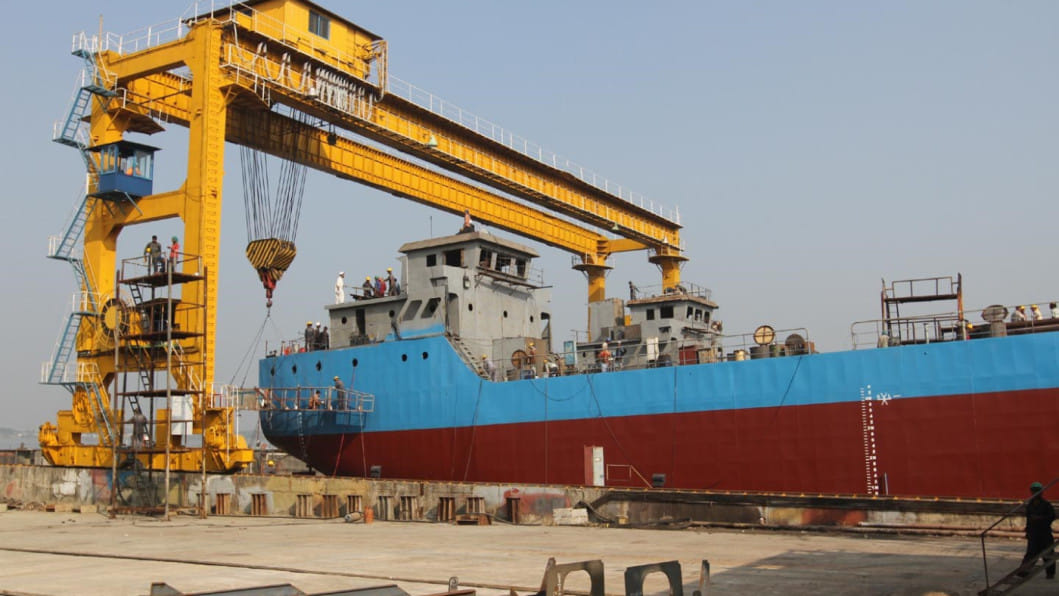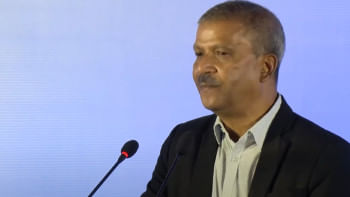Shipbuilding policy's target ‘unrealistic,’ says PRI chairman

Bangladesh's shipbuilding policy sets a goal that experts say is too ambitious. The Shipbuilding Industry Development Policy 2021 aims to turn the sector into a $4 billion export industry by 2026. Zaidi Sattar, chairman of the Policy Research Institute of Bangladesh (PRI), called the target "unrealistic".
A more achievable milestone, he argued, would be $1 billion in ship exports within three to five years. Bangladesh could reach that figure by capturing just 1 percent of the $115 billion global market for small and medium-sized vessels.
Sattar made the remarks at a seminar titled "Shipbuilding industry and ship exports: pushing the frontiers of export diversification", hosted by the International Business Forum of Bangladesh (IBFB), at the InterContinental Dhaka today.
He said shipbuilding could become the country's "next frontier" in export diversification if supported with stronger financing and policy consistency.
The sector faces significant challenges. These include the absence of long-term financing, high costs due to weak local supply chains, and limited access to advanced design and engineering technologies. Global shocks like Covid-19 have also slowed growth.
While the 2021 policy promised cash incentives, tax breaks, and low-interest loans, implementation has been patchy, Sattar noted. Yet signs of revival are emerging. After collapsing to just $0.2 million in exports by 2021-22, the industry has started to rebound.
Since 2008, Bangladesh has exported more than 50 ships, worth $143 million. Orders are once again coming in: Karnafuly Ship Builders recently won a $47 million green vessel deal from the Netherlands, Ananda has delivered ships to Turkey and the UK, and Western Marine signed an eight-vessel contract with the UAE.
The current export order book stands at $100 million, with another $200 million in the pipeline.
If yards can secure $100 million in exports annually, sector jobs could double to 100,000, Sattar said.
He also highlighted efforts to build greener ships, including methanol-fueled vessels, to meet international standards.
Industries Adviser Adilur Rahman Khan said Bangladesh has already earned recognition for meeting global standards and urged stronger policy implementation.
Anisuzzaman Chowdhury, special assistant to the chief adviser, called for investors to harness domestic capacity, warning that remittances alone cannot drive economic growth.
"No economy gains dynamism from remittances alone," he said. "Industrialisation brings lasting change. We are breaking ships to build ships — and issues like environment and health must be addressed."
IBFB President Lutfunnisa Saudia Khan opened the event, while IBFB Director and Western Marine Shipyard Chairman Md Sakhawat Hossain and IBFB past president Humayun Rashid also spoke.

 For all latest news, follow The Daily Star's Google News channel.
For all latest news, follow The Daily Star's Google News channel. 





Comments